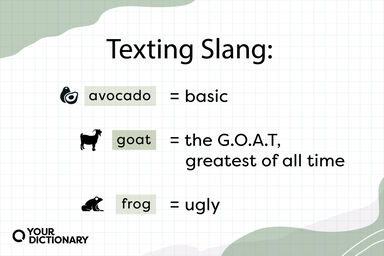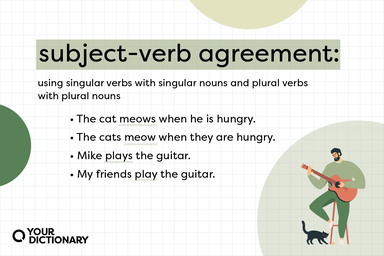Laugh Definition
- To take glee in making money, especially from activity that others consider to be unimpressive or unlikely to turn a profit.
- To see one's good fortune turn to bad; suffer a humbling reversal.
- To rejoice or exult in secret, as at another's error or defeat.
- to win or prevail ultimately, after apparent defeat and discomfiture
- to be amused by
- to make fun of; ridicule; deride
Idioms, Phrasal Verbs Related to Laugh
- laugh all the way to the bank
- laugh out of the other side of (one's) mouth
- laugh up
- have the last laugh
- laugh at
- laugh away
- laugh down
- laugh up one's sleeve
- laugh off
- laugh on the other side of one's face
- no laughing matter
Origin of Laugh
-
From Middle English laughen, laghen, from Old English hlehhan, hlæhan, hlihhan, hliehhan (“to laugh, laugh at, deride, rejoice "), from Proto-Germanic *hlahjanÄ… (“to laugh"), from Proto-Indo-European *klek-, *kleg- (“to shout"). Cognate with Scots lauch (“to laugh"), West Frisian laitsje (“to laugh"), Dutch lachen (“to laugh, smile"), German lachen (“to laugh"), Danish le (“to laugh"), Icelandic hlæja (“to laugh"), Albanian qesh (“to laugh") < arc. klêsh, Latin glōcÄ«re (“to cluck"), Latin glattÄ«re (“to yelp"), Latin gliccÄ«re (“to gaggle"), Welsh cloch (“bell"), Ancient Greek κλώσσω (klṓssô, “to cluck"), Old Church Slavonic клєкотъ (klekotÅ, “laughter, noise"), Latin clangō (“scream, sound"). Related to clang.
From Wiktionary
Middle English laughen from Old English hlæhhan probably ultimately of imitative origin
From American Heritage Dictionary of the English Language, 5th Edition
Find Similar Words
Find similar words to laugh using the buttons below.





